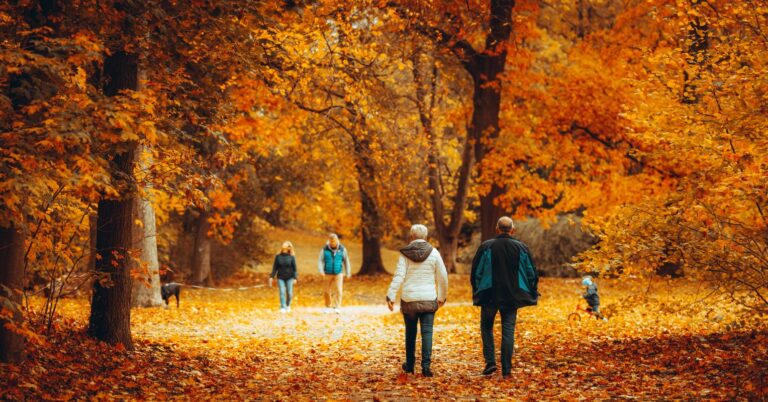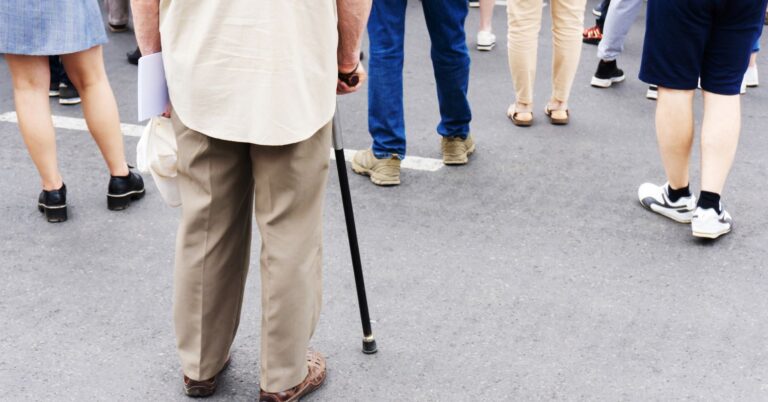
Source: Arthur Dobrin
When my wife and I lived in Kenya as Peace Corps volunteers, we saw a different attitude towards aging, a different way of relating to old people from the way we knew.
At one point, two men, who would go on to become friends of ours for more than 60 years, came to visit us in our little home. They had walked for five miles, then taken a bus for another ten. We sat, drinking sodas and snacking on bread and butter and peanuts. After about a half-hour of small talk, they got to the thing that was really on their minds.
What they asked made vivid the difference between their attitude towards old people and ours.
Joshua and Nelson were two brothers who each had a small farm next to one another on which they grew subsistence crops and a small amount of coffee. Also on their compound were several other brothers and their families, as well as their parents.
Finally, they said with seeming embarrassment, “Is it true that in America, you send your old people away to die?”
The question came as a shock, not because it was absurd but because of its truth. What they were referring to was nursing homes. My wife and I had never thought of nursing homes like that, but that was one way to understand them. Old people were burdens, and their care was shifted away from families onto impersonal institutions.
A lot has changed since that conversation. One is that nursing homes are now well-established throughout Kenya, as more people enter the labor market, making it very difficult to take care of the elderly at home. Many of Joshua and Nelson’s own children and grandchildren no longer live in family homesteads but in towns and cities. As modernity uproots traditional multi-generational homesteads, proper care for the elderly has shifted to institutional settings.
Throughout Europe and America, in the last decade or so, the trend has been in the opposite direction. For the first time in many years, the most common site for death for Americans is in their own home. “Sending old people off to die” is now often taken as the last resort, perhaps a necessary compromise which, when everything is considered, is the best choice.
So there has been a convergence of how to care for the elderly. Each of us struggles to find the right spot where medical care and human dignity meet. How we find that balance is difficult, but with the question from Joshua and Nelson in mind, here are some of my thoughts on aging:
Time has its way with everything. All things fall apart. Even galaxies are reduced to dust. Illness, accident, and war take their tolls in the steady abrasion that spares none. While modern advances reduce some of the ravages of time, still we grow old. The challenge of being elderly is to avoid growing bitter or angry.
As children, we learn. As adults, we produce. In old age, there is wisdom to be imparted. The burden that today’s elderly face is a rapidly changing world where what was once useful information is often no longer so. It is easy for aged people to be seen as irrelevant and, therefore, objects of scorn, reluctantly accepted and viewed as a burden. However, the proper role of the elderly is to show the way to what is important, to point to a life of value.
There is wisdom to be gleaned from the elderly who have lived wisely. There is courage to be gained from those who face their own mortality courageously. There is happiness to be learned from those who never cease learning and find joy in existence.





















+ There are no comments
Add yours